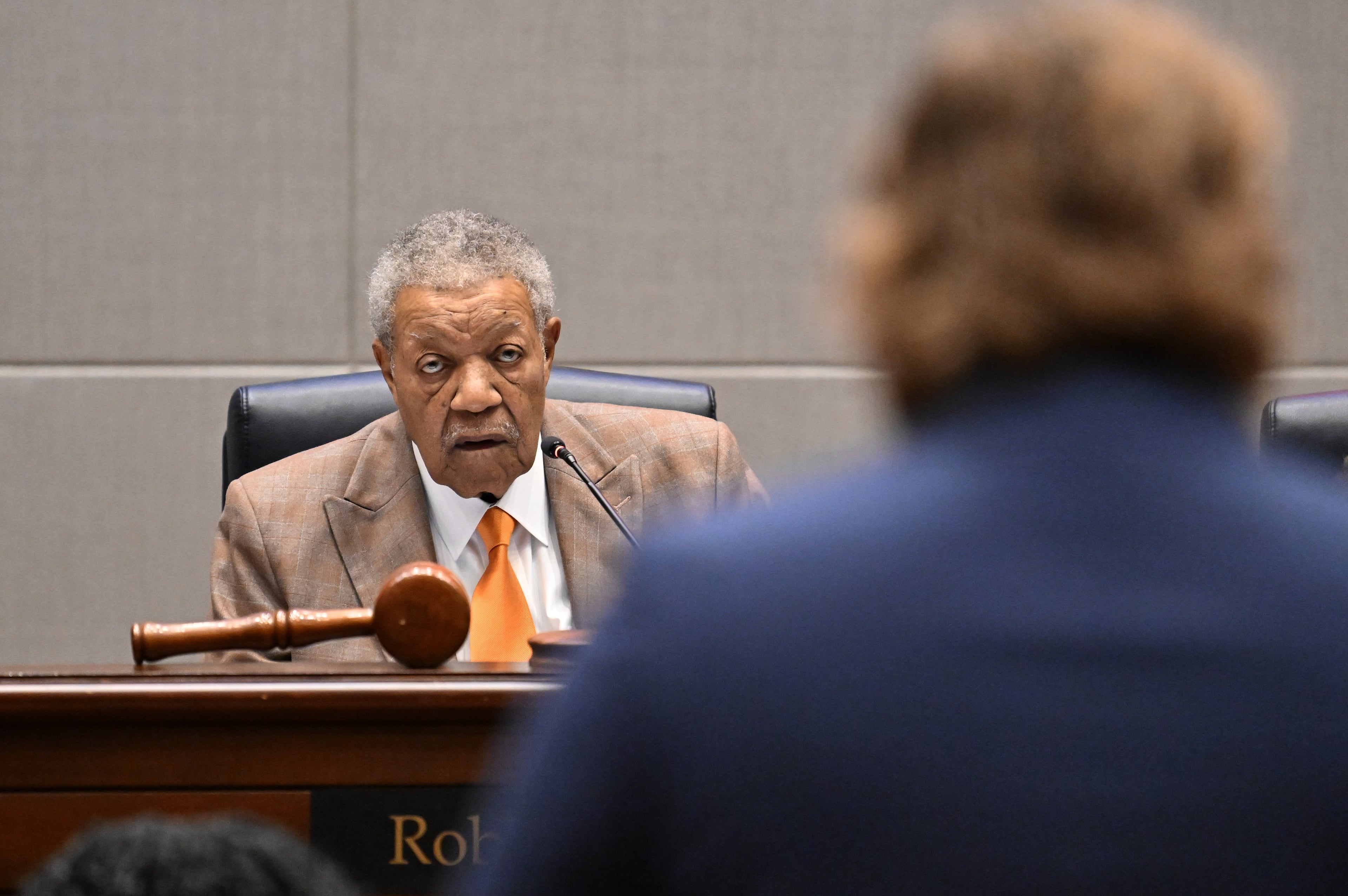Georgia approves emergency rules for absentee ballots

The State Election Board on Monday extended two temporary rules that will make it easier to process hundreds of thousands of absentee ballots expected for Georgia’s Jan. 5 runoff election.
Some 762,000 people have already requested absentee ballots for the runoff, which features two U.S. Senate races that will determine which party controls the chamber beginning in January.
That’s already three times the number of absentee ballots cast in the 2018 general election, Ryan Germany, general counsel for the secretary of state’s office, told the election board. Some 1.3 million people cast absentee ballots in this month’s general election.
To accommodate those ballots, the board extended an authorization for counties across the state to provide drop boxes for absentee ballots — an authorization made last spring and renewed in July amid the coronavirus pandemic. Counties must use video recording to monitor the boxes and adopt other security measures.
The board also modified another temporary rule approved earlier this year. That rule allowed — but did not require — counties to begin opening and scanning absentee ballots before Election Day. The revised rule requires counties to begin processing absentee ballots a week and a day before Election Day. The votes would not be tabulated until after the polls close on Election Day.
Secretary of State Brad Raffensperger said requiring counties to process ballots early will speed up the tabulation of ballots and allow the public to learn the outcome of the Senate races as soon as possible.
“It’s really in Georgia’s best interest and the nation’s best interest to finish quickly,” Raffensperger told the board.
The board originally planned to consider a third rule directing counties to “review all available evidence” to determine whether someone registering to vote here is a Georgia resident. The proposal came as Raffensperger and others have raised alarms at the prospect of partisans moving to Georgia temporarily to vote in the January runoff.
But Germany told the board that local officials already have the authority spelled out in the proposed rule, which was withdrawn from the election board’s agenda. Instead, the secretary of state will send a bulletin to local officials spelling out their existing authority to determine the residency of those registering to vote.
More Stories
Keep Reading



